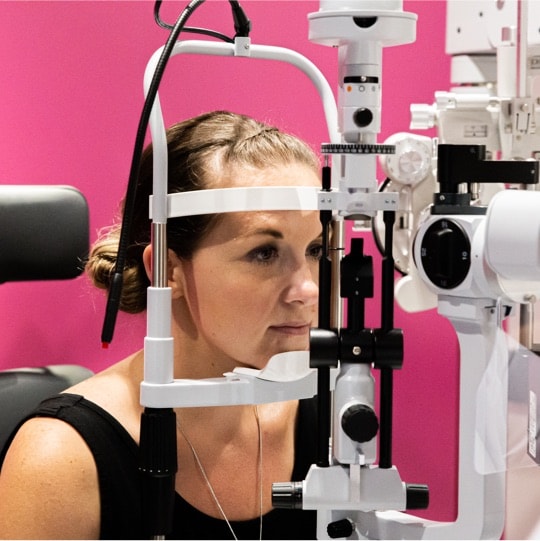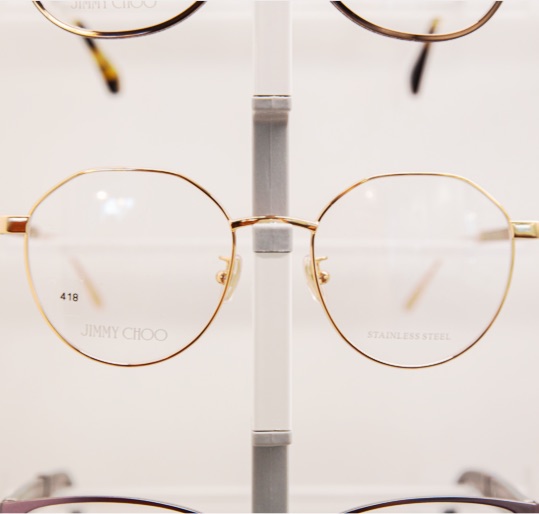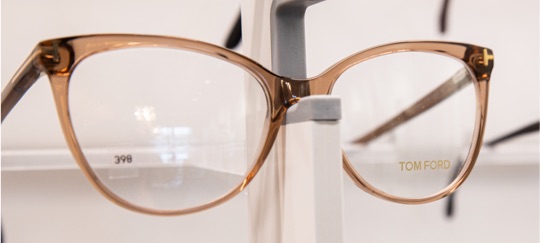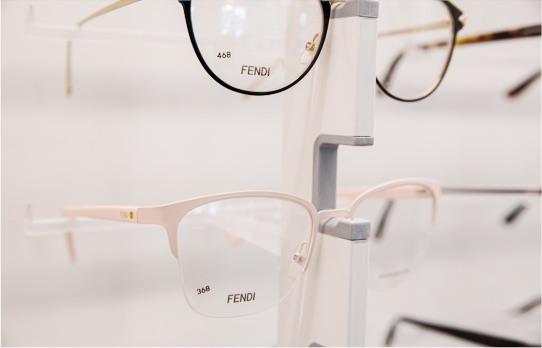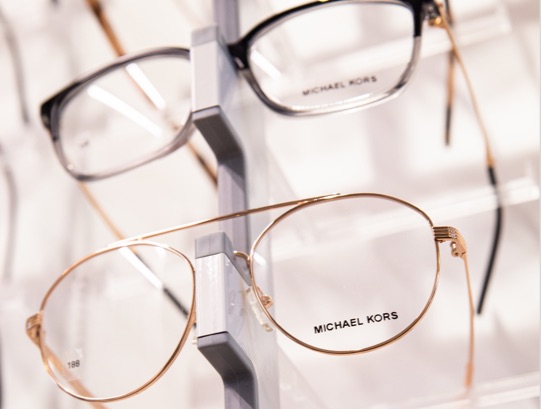What Causes Dry Eye?
Decreased Tear Production
If your eyes aren’t able to produce an adequate amount of tears to keep the eyes lubricated, they will begin to feel dry. Decreased tear production is commonly caused by:
- Ageing
- Underlying medical conditions such as:
- Rheumatoid arthritis
- Diabetes
- Lupus
- Sjogren’s syndrome
- Medications such as:
- Antihistamines
- Decongestants
- Antidepressants
- Birth control pills
- Laser eye surgery
- Tear gland damage
Increased Tear Evaporation
If your tears evaporate too quickly, your eyes will be left feeling dry and gritty. Increased tear evaporation is commonly caused by:
- Dry, windy climates
- Blinking less often, which occurs when you’re concentrating
Eyelid problems, like inward or outward turning eyelids (entropion/ectropion)
Imbalance in Tear Composition
The tear film is made up of 3 layers, oil, water, and mucus. If these 3 layers are out of balance, tear composition will be weak, and your tears may evaporate too quickly or not spread adequately over the entire eye.
- Oily Layer: The outermost layer of the tear film is made up of meibum, an oil secreted from the meibomian glands. The oily layer keeps tears from evaporating and helps them spread across the surface of the eye.
- Watery Layer: The watery layer makes up most of the tear’s substance and helps wash away bacteria and small particles that could irritate the eye.
- Mucus Layer: The mucus layer keeps the tears adhered to the eyes, helping the eyes stay lubricated and comfortable.









